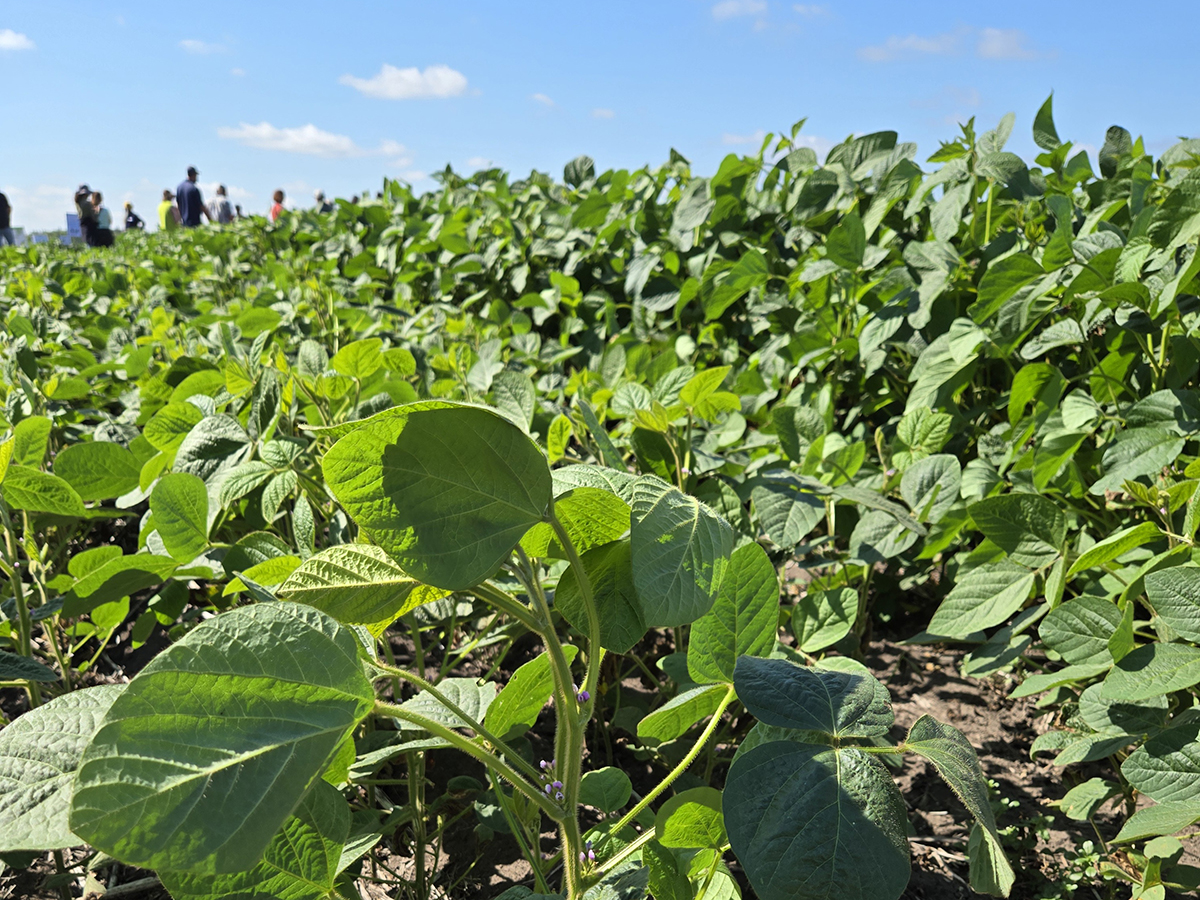MINOT, N.D. – American trade negotiators are teaming up with Argentina and the European Union to attack the Canadian Wheat Board under the GATT, farmers here were told last week.
“We are not alone in opposing Canadian Wheat Board practices,” said Carol Brookins, a Washington-based trade consultant who advises the U.S. government.
“And with the Uruguay Round (the latest deal under the General Agreement on Tariffs and Trade), we now have greater ammunition for making our case for open and transparent market policies,” she said.
Read Also

Spider mites big soybean problem this season
Spider mite issues have been geographically limited but significant where they occur, said John Gavloski, an entomologist with Manitoba Agriculture.
Brookins said the Canadian Wheat Board’s lack of price transparency, and its system of pooling prices, are export subsidies and should be subject to restrictions in the same manner as the U.S. Export Enhancement Program and European export subsidies.
She told a forum of U.S. durum growers that trade negotiators have already started the process of challenging the board under GATT.
“GATT Article 17 was tightened up in order to ensure the transparency of the activities of state trading enterprises,” Brookins said. “You all know and we all know that no one knows what Canada sells its wheat at.”
The article requires state trading organizations to describe their operations to the World Trade Organization, the entity which will administrate the international trading agreement once it is implemented next year.
“What that means is hey, folks, your pants are down and you’re going to have to let it all hang out because the GATT requires it one way or another,” she said.
Marketing boards which have exclusive or special privileges over exports or imports, are included in the provision.
U.S. negotiators, backed by Argentinian and European delegations, have already asked the implementing committee to rule that transparent reporting of sales and acquisition prices are included under the article.
Canadian negotiators blocked the request on a technicality, Brookins said.
An official with the Canadian Wheat Board said Brookins’ interpretation of Article 17 is wishful thinking.
“They can’t file a complaint under the agreement. We are complying with all of our obligations under Article 17,” Harvey Brooks said.
But he said Canadian officials must continue to be vigilant. “There is no question the Americans were always trying to get something under the GATT Uruguay Round that requires state trading organizations to reveal more information than commercial marketers would,” Brooks said. “U.S. negotiators are trying to get still what they couldn’t get under the negotiations.
“It would be naive of us to think they would drop it.”














